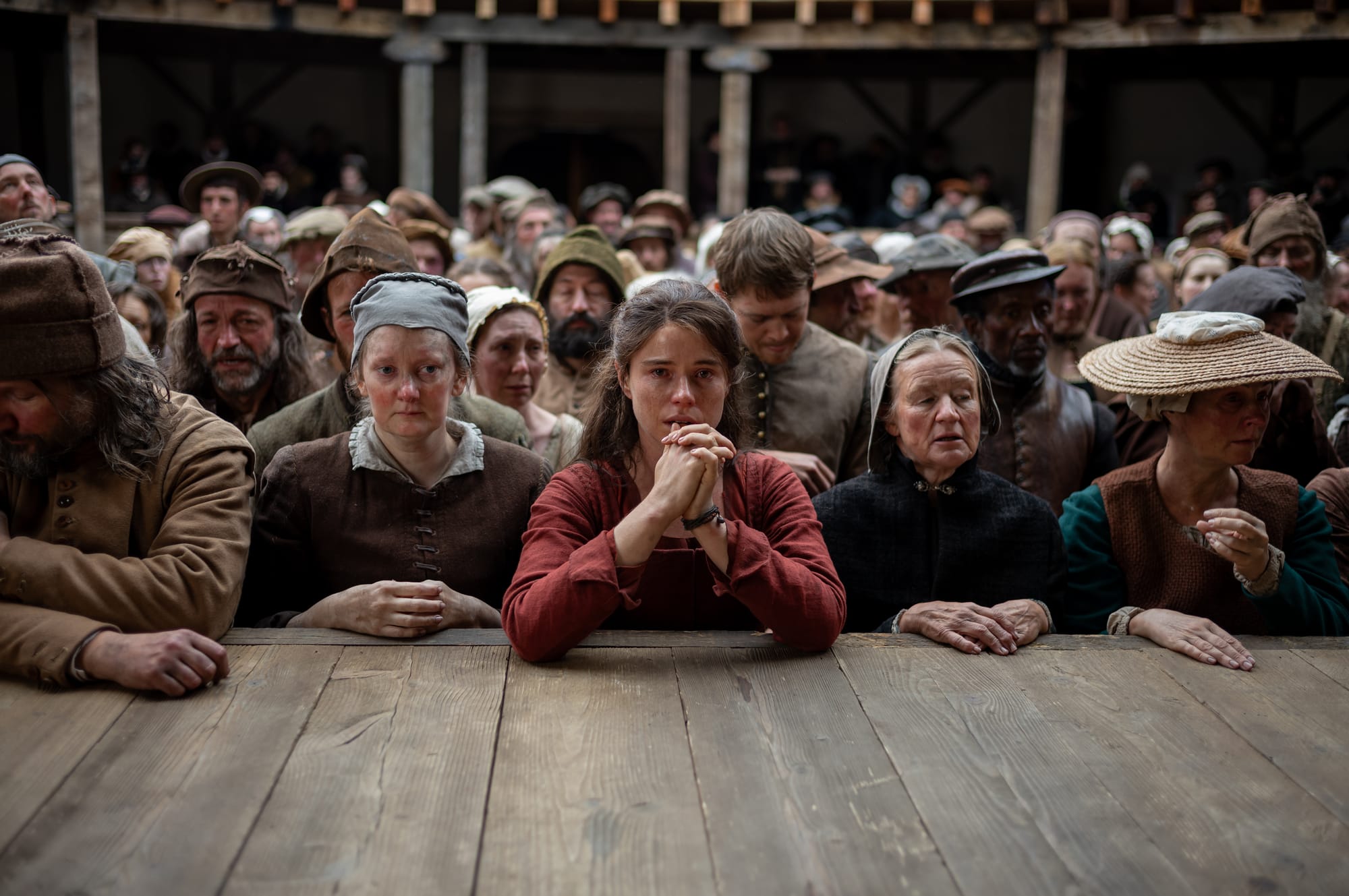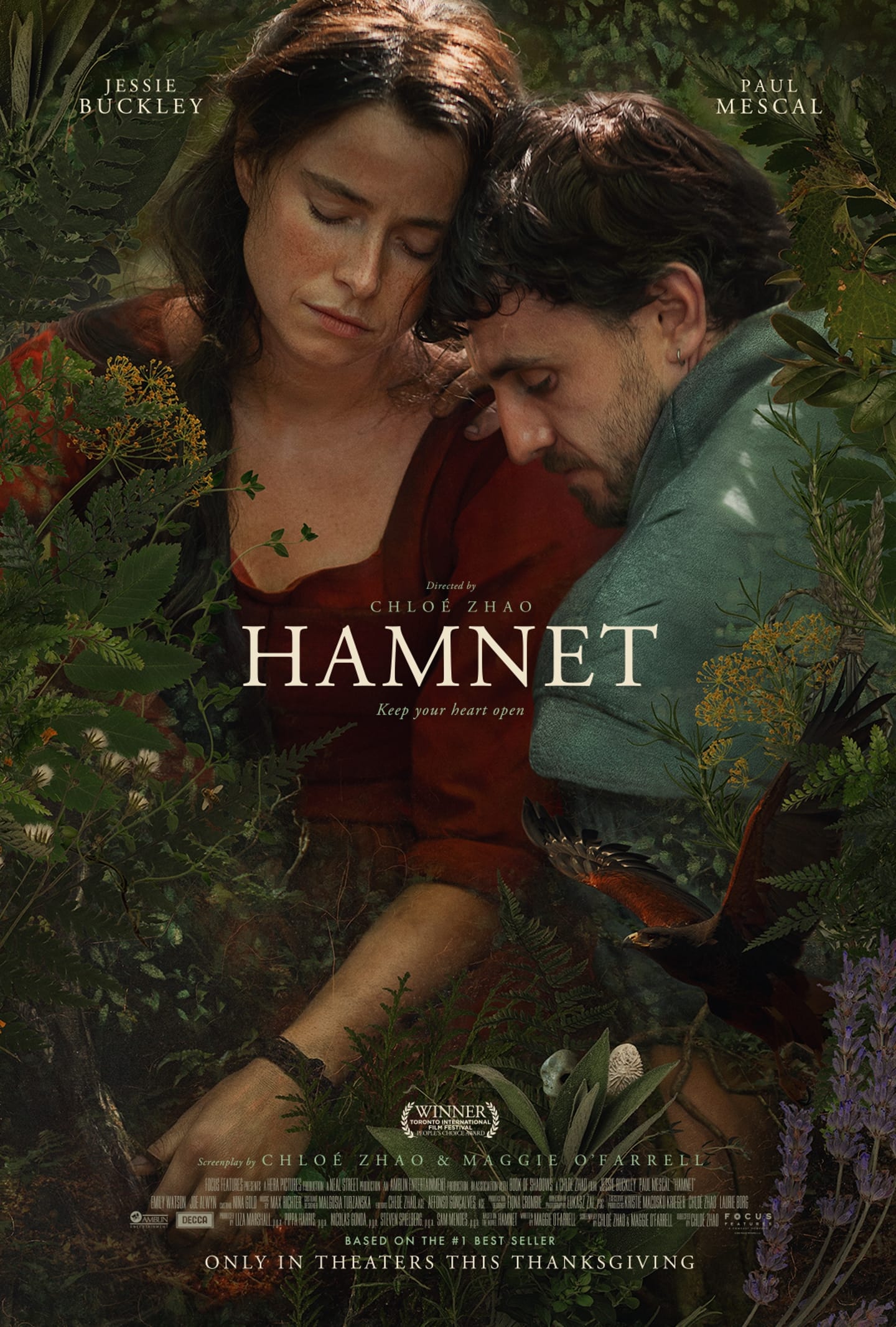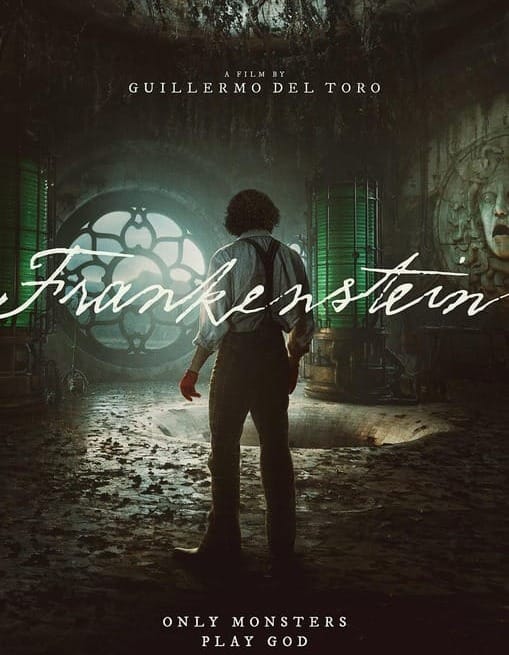Hamnet
BFI LFF 2025 The Mayor of London's Gala: One of the most emotional films of the year
Few films in this decade have captured the intersection between grief and creation as movingly as Chloé Zhao’s Hamnet. You may be wondering, why is it not called Hamlet, like Shakespeare’s famous play? It’s because “Hamnet” is the name of Shakespeare’s son, which is often seen as interchangeable with “Hamlet” in an Elizabethan context. Adapted from Maggie O’Farrell’s novel of the same name, this movie reveals an emotionally transformative story about one of literature’s most mythologised tragedies: the death of Shakespeare’s 11-year-old son.
From the first frame, Zhao makes it clear that this is not your typical historical drama. Hamnet unfolds like a remembered dream; the camera lingers on the light breeze against the trees, candlelit rooms, and the tender rhythm of domestic life in 16th century Stratford. The countryside is consistently portrayed with such beauty, each shot finding poetry in the ordinary. Max Ritcher’s music score also serves as an integral emotional anchor to the film, adding an almost meditative quality that matches Zhao’s direction, the visual landscape, and the performances. The film doesn’t rush; it lets grief and love breathe, and the pauses and silences carry an equal amount of weight to the dialogue.

The acting was perhaps one of the best parts of the cinematic experience and a crucial factor for this film to deliver its vision in the way it did. At the heart of Hamnet stands Jessie Buckley, who gives a heart-wrenching performance as Agnes (historically Anne Hathaway). The lighting often only illuminates half of her face, alluding to her constant shifts between extremes – tender joy, fierce maternal love, grief, rage, and numbness. In the forest, where she is deeply intertwined with nature, her visceral appearance makes her character unique and almost other-worldly. Paul Mescal embodies William Shakespeare not as a cartoon of genius, but as a man tortured, conflicted, and sometimes unable to fully articulate what he feels. Meanwhile, Jacobi Jupe’s presence as Hamnet lingers with the audience even after his tragic death; his emotions gracefully transition from childish mischievousness to fear and suffering. Frequent and prolonged close-ups of the characters enhance their facial expressions, inviting the audience to almost physically feel their pain and love, even in the darkest moments.
Visually stunning, emotionally devastating, and profoundly humane.
There are many powerful lessons to take home after watching Hamnet, and while many films fail to coherently link such themes into one central story, Zhao does it quite elegantly. In Shakespeare’s tension between feeling and making, between mourning and writing, lies the film’s deepest insight: creation is another form of survival. His art becomes a vessel for his sorrow, as the memory of his boy is not erased but reimagined through his creation of Hamlet. Grief is not something to overcome but something that transforms who we are. Furthermore, the film plays with dualities through mirroring characters like Hamnet and his twin Judith, the mythological Orpheus and Eurydice, as well as William and Agnes. This leads to a larger motif of an open door dividing the living and the dead, and memory is portrayed as both painful and sacred. Visually stunning, emotionally devastating, and profoundly humane, Hamnet is truly what could be referred to as a modern masterpiece.

Historical drama/Romance
Director: Chloé Zhao
Screenwriters: Chloé Zhao, Maggie O’Farrell
Starring: Jessie Buckley, Paul Mescal, Emily Watson, Joe Alwyn, Jacobi Jupe
Run time: 126 min
Release date: 09/01/2026









